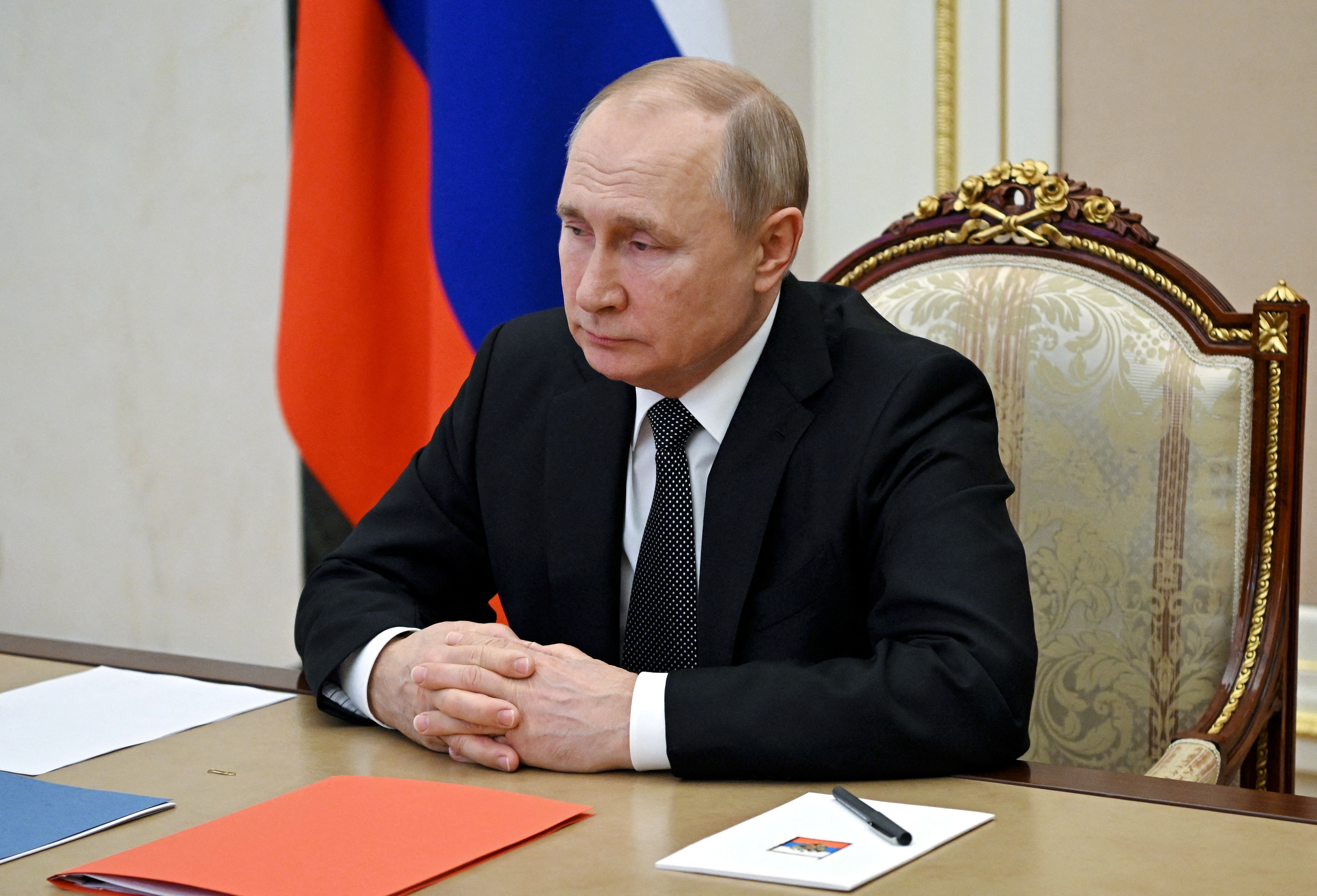
In a surprising turn of events, Russia has declared its intention to ban 500 Americans, a move that has sparked widespread speculation and concern. This article delves into the historical context, the list of individuals facing the ban, and the potential repercussions on diplomatic relations.
Historical Context of Diplomatic Expulsions
Diplomatic expulsions are not new in international relations. Understanding the historical context provides insight into the motivations behind such actions. From the Cold War era to modern times, nations have utilized this diplomatic tool to express displeasure or disagreement.
The List Unveiled: Notable Figures, Including Obama, Face Ban
The list of 500 Americans set to be banned is causing a buzz, particularly due to the inclusion of prominent figures like Barack Obama. Examining why certain individuals are on this list sheds light on Russia’s specific grievances and motivations.
Russia’s Justification: Unpacking the Rationale Behind the Ban
Russia has offered justifications for this drastic measure. Exploring the reasons behind the ban, including political disagreements, economic tensions, or other diplomatic issues, is crucial for understanding the broader geopolitical landscape.
Impact on Diplomatic Relations: A Strained Bilateral Tie
The ban is undoubtedly straining diplomatic relations between the U.S. and Russia. Analyzing the immediate and long-term impact on bilateral ties provides a comprehensive picture of the consequences both nations may face.
Public and Political Reactions: Voices from Across the Spectrum
Public and political reactions play a pivotal role in shaping the narrative. Exploring how citizens, politicians, and international figures are responding to this ban adds a layer of complexity to the overall story.
Comparison with Previous Diplomatic Actions: Learning from History
Comparing the current ban with previous diplomatic actions provides context. Understanding how nations have navigated similar situations in the past helps predict potential outcomes and reactions.
Potential Consequences for Bilateral Ties: Looking Ahead
What does the future hold for U.S.-Russia relations? Speculating on potential consequences, both positive and negative, allows for a nuanced discussion on the evolving dynamics between these two global players.
Analysis of Russia’s Foreign Policy Motivations: Decoding Intentions
Analyzing Russia’s broader foreign policy goals and motivations behind this ban offers insights into the nation’s strategic objectives on the global stage.
Media Coverage and International Response: A Global Perspective
Media coverage and international response can significantly shape the narrative. Examining how various nations and media outlets are covering the story provides a holistic view of its impact on the global stage.
Speculations on the Future of U.S.-Russia Relations: What Lies Ahead?
Given the current state of affairs, speculating on the future of U.S.-Russia relations becomes inevitable. Delving into potential scenarios and outcomes contributes to a forward-looking analysis.
Legal Aspects of Such Bans: Navigating International Law
Are such bans legally sound? Exploring the legal dimensions of diplomatic expulsions helps understand the boundaries and implications within the framework of international law.
Implications for Global Diplomacy: A Broader Perspective
Beyond U.S.-Russia relations, the ban has implications for global diplomacy. Examining how other nations may react or adapt to this development provides a broader understanding of its impact.
Conclusion: Summarizing Key Points and the Way Forward
In conclusion, the ban on 500 Americans, including notable figures like Obama, marks a significant chapter in international relations. Understanding the historical context, the list of individuals, and the potential consequences allows for a nuanced perspective on the future of U.S.-Russia relations.



